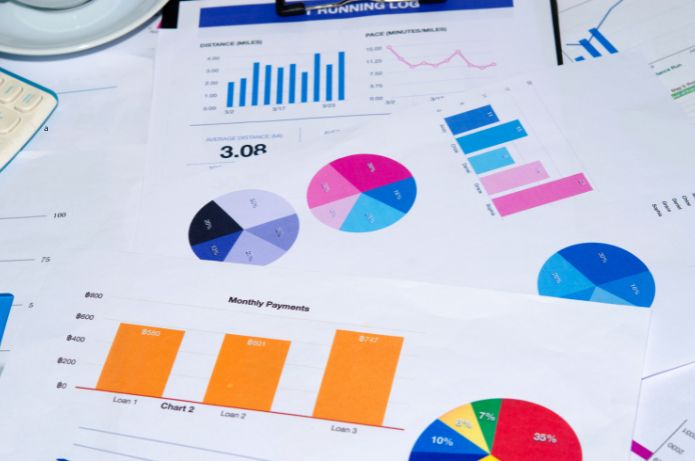O mês de junho sinalizou um crescimento significativo nos serviços prestados às famílias e uma leve contração no varejo, segundo dados do IGet, indicador do Santander, realizado em parceria com a Getnet, que acompanha o desempenho do comércio varejista brasileiro. O estudo sinaliza a desaceleração da atividade econômica no segundo trimestre deste ano e uma recuperação nos índices econômicos do Rio Grande do Sul, que sofreram fortes quedas em maio devido às enchentes.
Os resultados de junho do IGet mostram uma alta de 2,8% ao mês no índice de serviços, mantendo a tendência de aumento observada no mês anterior, quando subiu 3,0%. Apesar do crescimento mensal contínuo, o desempenho interanual mostrou uma queda de 1,3%, uma desaceleração em relação ao aumento anual de 3,2% registrado em maio.
Os dados de junho revelam uma dinâmica mista nos diferentes segmentos de serviços. Hospedagem e alimentação, por exemplo, registraram alta de 2,4%, marcando a segunda expansão consecutiva, após um aumento de 2,8% em maio. Por outro lado, o segmento de outros serviços, que incluem atividades de lazer, culturais, salão de beleza, academia de ginástica, educação, entre outras, apresentou uma queda de 0,8% em junho, um segundo declínio consecutivo, após uma diminuição de 2,3% em maio.
Os serviços prestados às famílias mostraram uma nova aceleração no segundo trimestre de 2024. Esse crescimento é percebido após um início de ano marcado por grandes variações, que incluíram uma queda acentuada em janeiro seguida por estabilidade relativa até abril.
Rio Grande do Sul
O IGet analisou o desempenho do varejo no Rio Grande do Sul, após o período de enchentes, para avaliar o impacto econômico que o estado teve. Os dados fechados de junho mostram uma recuperação parcial das quedas registradas em maio.
No setor de serviços, o IGet apontou no RS uma contração de – 11,7% na comparação com junho de 2023, um nível próximo ao observado em abril deste ano, antes das enchentes. No varejo ampliado, houve um aumento de 9,2%, em junho, em relação ao mesmo período do ano passado, sinalizando uma recuperação significativa.
Queda no varejo
No varejo, os dados de junho mostram uma queda de 0,2%, seguindo uma tendência observada nos meses anteriores. O índice restrito, que exclui as vendas de materiais de construção e peças automotivas, apresentou uma redução de 1,7%, o que representa a quinta contração consecutiva.
A análise da composição da atividade varejista mostra sinais heterogêneos. No índice restrito, apenas o setor de móveis e eletrodomésticos não registrou retração no mês. Houve diminuição nos segmentos supermercados, vestuário e combustíveis. Outros itens pessoais continuaram em queda, embora este segmento tenha mostrado alta volatilidade em leituras anteriores.
No índice ampliado, os setores de automóveis, partes e peças (+8,4%) e materiais de construção (+1,5%) cresceram, após os declínios registrados em maio.
“Esses índices reforçam a expectativa de desaceleração gradual da atividade econômica no segundo trimestre, mas também indicam um potencial de recuperação a médio prazo, especialmente nas regiões afetadas por desastres naturais, como o Rio Grande do Sul”, avalia Fabio Coelho, Vice-presidente de Finanças da Getnet.
Gabriel Couto, economista do Santander responsável pelo IGet, afirma que a análise mensal permite fornecer insights valiosos e atualizados sobre os setores de varejo e serviços no país. “O IGet utiliza informações de transações no mercado de adquirência nacional e tem o intuito de ampliar o conjunto informacional para análise da trajetória de atividade econômica no Brasil, principalmente com relação aos segmentos do varejo e dos serviços prestados às famílias. Acompanhamos em cada mês as receitas de uma amostra de estabelecimentos que utilizam, de forma recorrente, a Getnet como meio de pagamento. A amostra contém informações anonimizadas de estabelecimentos de diferentes tamanhos e regiões, sendo uma seleção bastante representativa desses segmentos no país”, explica o executivo.


